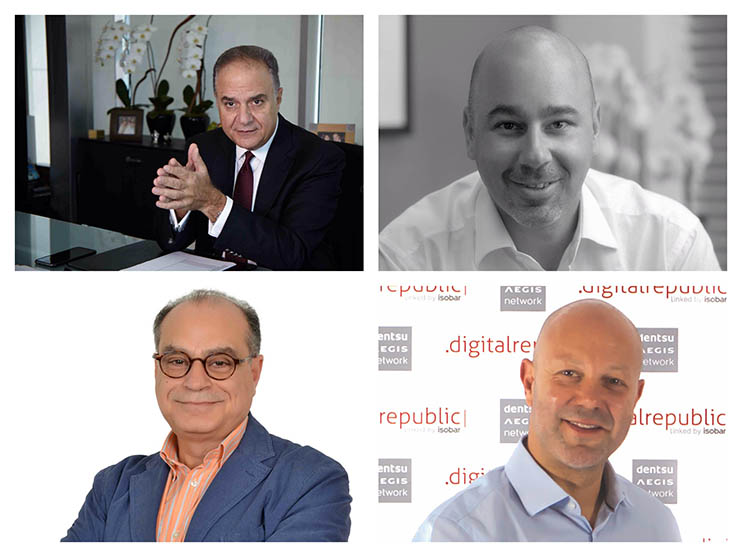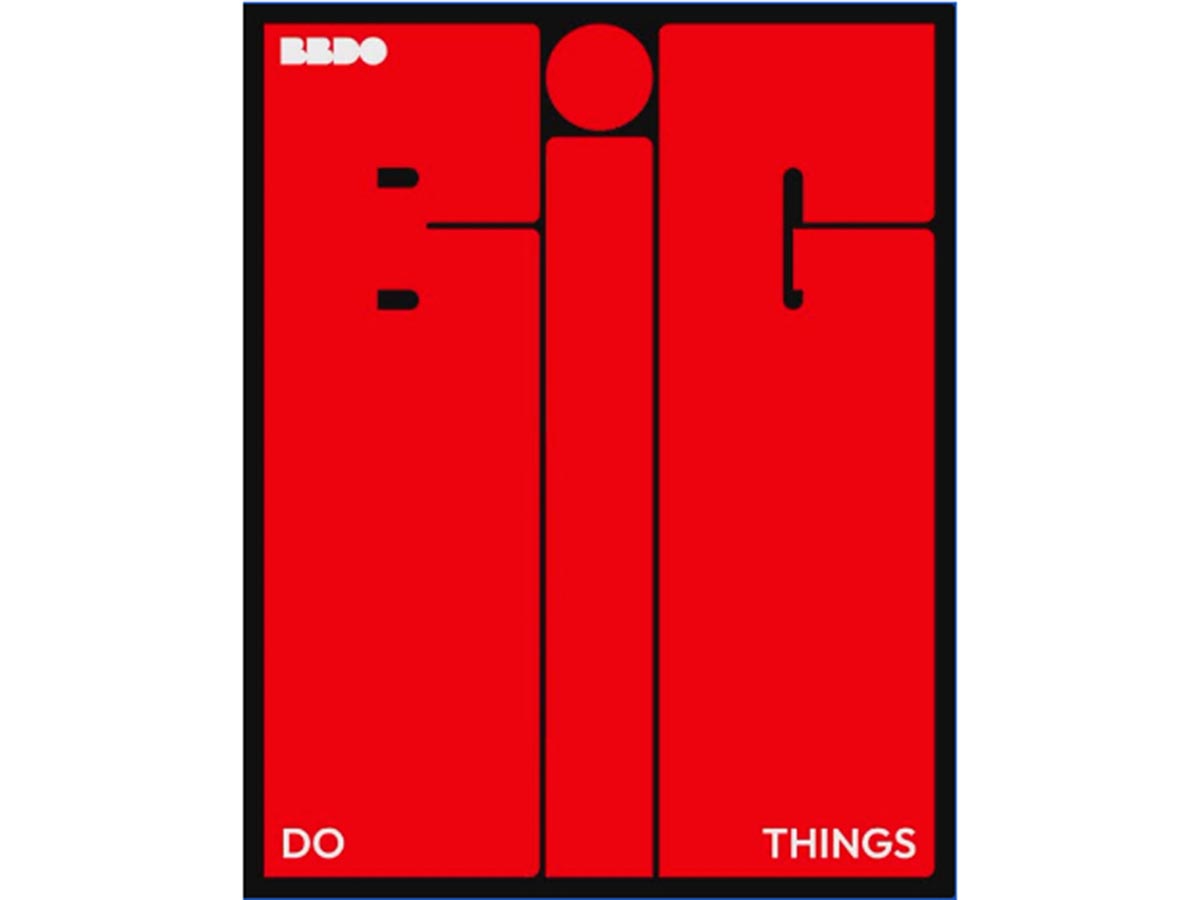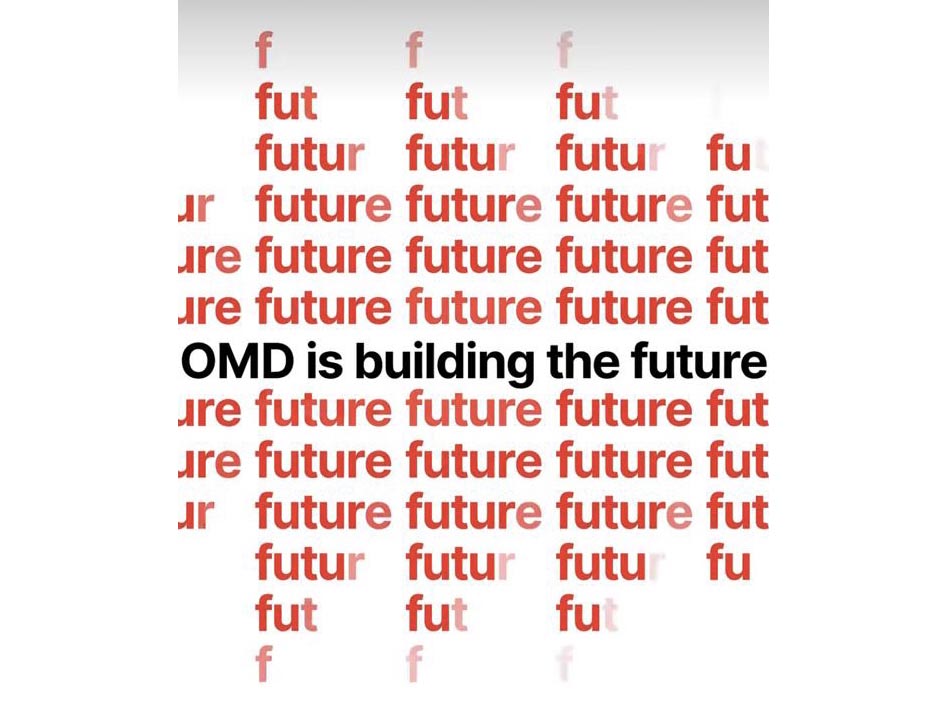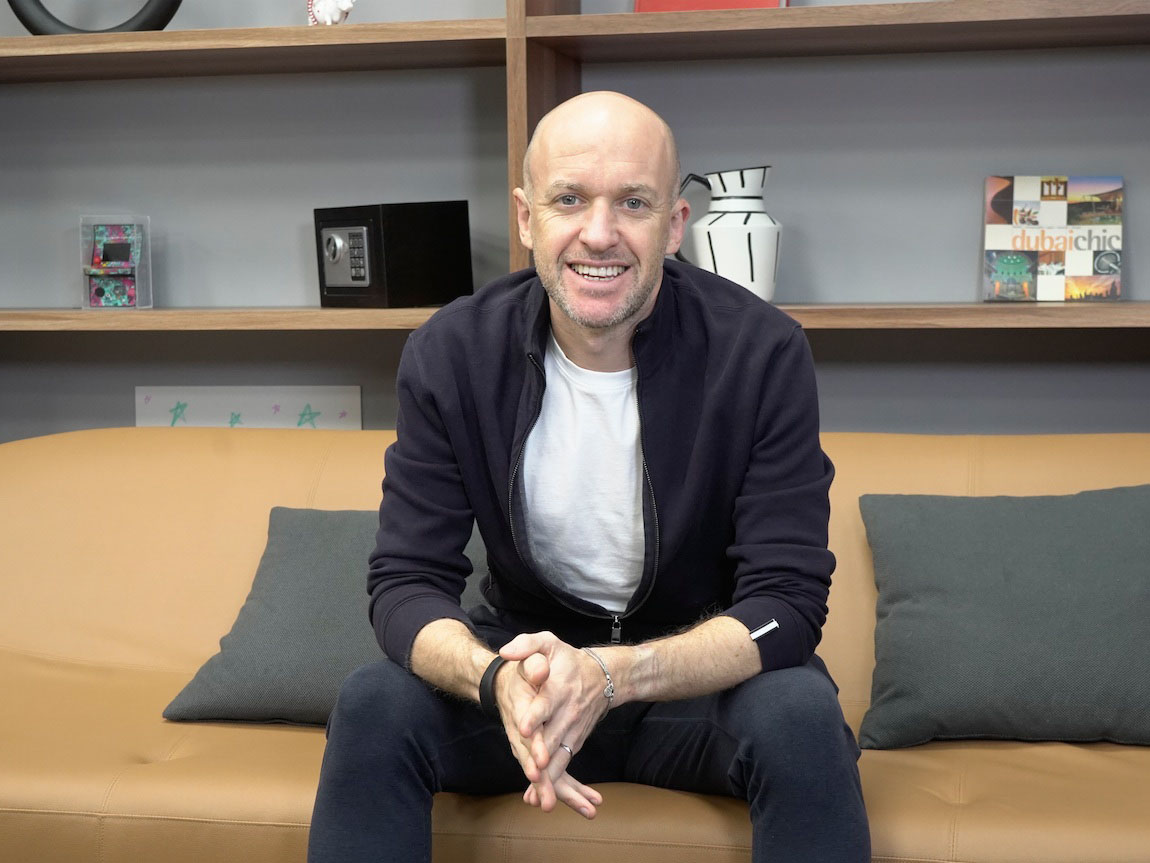Industry Talk
The Hunting Grounds
by Iain Akerman
May 17, 2017
.jpg) Advertisement
AdvertisementLast year was a buoyant one in terms of mergers and acquisitions within the marketing and communications sector. With 1,023 deals completed globally, M&A activity increased from 979 in 2015 and 972 in 2014. To put that in perspective, just 279 deals were struck in 2007.
And yet the Middle East is strangely absent from the majority of these deals. Of the 1,023 acquisitions and mergers finalised in 2016, only five examples are from the region.
“This begs a couple of questions,” says Imad Kublawi, founding director at IK Consult, the regional partner of Results International, a global advisor on M&A and fundraising. “Why do acquirers not have a bigger appeal in the MENA region? And are acquirers disregarding potential targets due to the way they present themselves financially and commercially?”
The answer to the first question could lie in many areas, says Kublawi. For example, independent agencies in the region are often too small and do not possess scarce enough skills, be it in technology or creativity or both. What’s more, some are dependent on one client or have an over-reliance on a particular sector. The equity structure of independent agencies can also be problematic. Even when an agency does pass the initial stages of courting, issues may crop up that could put the deal in jeopardy, such as confidence in growth forecasts, corporate governance, potential cultural fit, and any surprises thrown up by due diligence checks.
“As for the second question: are acquirers disregarding potential targets due to the way they present themselves financially and commercially? Of course they are,” says Kublawi. “Independent agencies do not have much experience, if any, of what buyers are looking for, which puts them immediately in a weaker position. Agencies who made it to the final stage of negotiations have either had professional advice along the way or struck lucky and just happened to make the right decisions.”
The MENA region, however, is a buyers’ market according to Kublawi and, as with other regions, the hot sectors continue to be digital, content and data. For example, the most popular targets globally during the first quarter of 2017 were full-service digital agencies, accounting for 27 deals, according to Results International. What’s more, the five deals struck last year in the Middle East – including Dentsu Aegis Network’s acquisition of Cairo-based Digital Republic – covered the digital and media sectors and were spread across the UAE, Egypt and Qatar.
“Nowadays, buyers do have varied digital services but not necessarily the ‘mentality’ or culture of the digital world, which can be brought on-board quickly through acquisition,” says Kublawi.
So far this year there are rumours that one or two regional transactions are going through and that a similar number have failed to materialise, although it is expected that the rate of activity in the MENA region will increase over the next 12 months as local markets stabilise and grow.
“I believe the demand is more on specialised agencies who are classified as experts in the fields of digital and social, not the classical local, independent brand agencies,” says Raja Trad, chief executive at Publicis Communications MEA. “Most of the multinational groups have their offerings outside the Middle East and it is always easier to bring the offerings into the market, establish them here and run with it. This does not mean, however, that there aren’t some interesting local offerings which could be a target for acquisition.”
Amongst those targets are digital agencies with proven track records. “The handful of very high potential target acquisitions are known to the major networks,” says Karim Khalifa, chief executive and co-founder of Digital Republic Linked by Isobar. “I found that the ball was more in the sellers’ hands, with interest coming from multiple networks. By buying, they [the networks] are acquiring in particular the calibre of leadership at these agencies, and the innovative and entrepreneurial capabilities and company environment that are now crucial in a fast-changing digital age.”
Although Publicis Communications does not have regional acquisition plans for the remainder of 2017, other networks do. On a global level the most acquisitive buyer in 2016 was Dentsu, with 43 purchases. Not far behind was WPP with 34, which suggests that it is likely to be these two that are seeking to acquire independent regional agencies.
“At a group level it’s all about scale and expertise,” says Nadim Khoury, chief executive at Grey MENA. “Any acquisition, if well thought out, would deliver on either of these two criteria amongst others, of course. In addition, there is a culture aspect that is very important. Not any acquisition is necessarily successful if we fail to work on the right integration. It is important for both parties to complement each other and to have the same goals.”
Is Grey seeking to buy within the coming months?
“Well, we have got very aggressive plans moving forward,” replies Khoury. “There has already been lots of developments and we can feel the change. The next few months are very exciting and all that I can say is for you to closely watch this space.”



.jpg)









